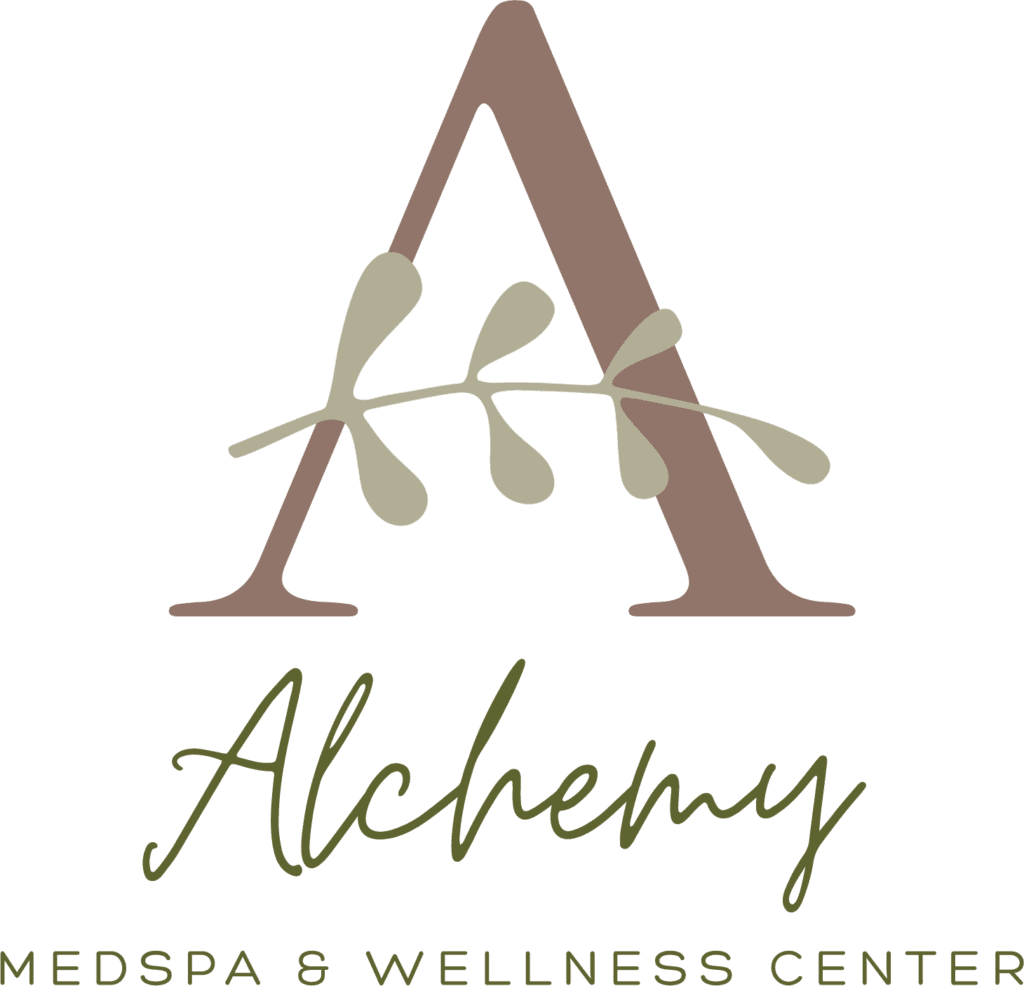Aging well is on everyone’s wish list. As we age, we want to remain healthy and active and continue to enjoy our lives with our families and friends. But what is the secret to aging well? Is it simply genetics, or can our lifestyle choices make a difference? In this post, we will explore the factors that contribute to aging and the steps we can take to age gracefully. We’ll specifically talk about nutrition, supplementation, and hormones and how they play a role in the aging process.
Nutrition and Aging:
We’ve all heard the saying “you are what you eat.” This is especially true when it comes to aging. The food we consume is essential for the proper functioning of our bodies and minds. As we age, our nutrient needs change, and we require different types and quantities of food. For example, as we age, our metabolism slows down, and our bodies require fewer calories. Therefore, it is vital to focus on nutrient-dense foods that provide the necessary vitamins, minerals, and antioxidants that our bodies need. A healthy diet consisting of whole foods and plenty of fruits and vegetables is essential to maintaining good health and longevity. The Mediterranean diet, for example, is an excellent choice for those looking to age well. It is rich in good fats, fiber, and vitamins that have been shown to reduce inflammation and improve overall health.
Supplementation and Aging:
While a healthy diet is essential, a dietary supplement can help fill any nutritional gaps. As we age, our bodies become less efficient at absorbing nutrients from the food we consume. Therefore, a supplement can help ensure that we get the nutrients our bodies require to function optimally. Additionally, supplements like omega-3 fatty acids, magnesium, and vitamin D can also help reduce inflammation and improve immune function, two factors that are critical for healthy aging. However, it is essential to work with a knowledgeable healthcare professional, as some supplements can have adverse effects and interactions.
Hormones and Aging:
Hormones play a critical role in the aging process. As we age, our hormone levels change, and some hormones decrease, such as testosterone and estrogen. These changes can lead to a host of symptoms, such as fatigue, weight gain, decreased sex drive, and mood changes. Hormone replacement therapy can help manage these symptoms in some cases. Additionally, some lifestyle changes can affect hormone levels, such as exercise, stress management, and getting adequate sleep.
Conclusion:
Aging gracefully requires a multifaceted approach. It is not enough to rely solely on our genetics, but also our lifestyle choices, including nutrition, supplementation, and hormone management. By taking an active role in our health and well-being, we can enjoy a long and healthy life. Remember, it’s never too late to start making positive changes to our habits, and small changes can make a big difference in how we age. If you’re unsure where to start. It is essential to reach out to a knowledgeable healthcare professional who can guide you towards the changes that will help you age gracefully.






